Markets
Investors profit from equities due to stocks rising on bad news
Investors have come to expect higher equity prices simply because stocks have risen in the face of bad news for almost a decade. And what choice do they have?
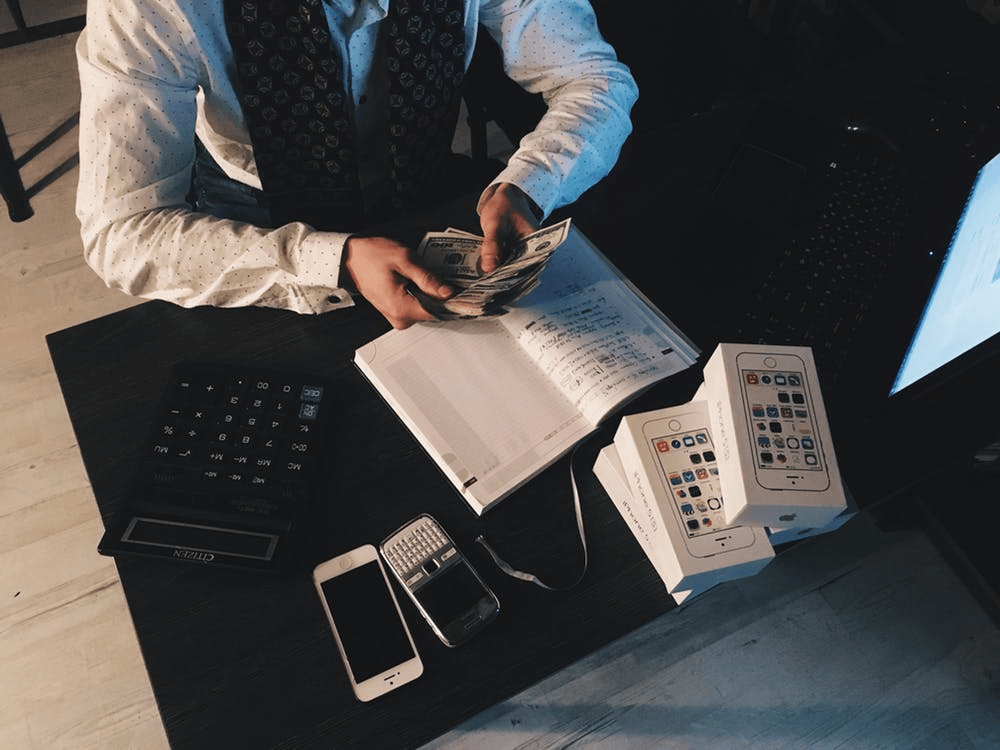
Every weekday morning I roll out of bed just before 5 a.m.
I sleepwalk to the kitchen, where my coffee maker on a timer has just finished brewing, and reach for a much-needed cup. Then I flip on the television and switch between local news and either CNBC or Bloomberg.
As I hate myself every single day for rising so early to exercise, I take note of the weather, any craziness that happened overnight in the Houston area, and the current trends in futures and interest rates.
There’s one thing I typically disregard: whatever the market pundits are discussing.
I don’t believe such people to be dumb, uninformed, or misguided. I’ve worked with many, and they’re among the smartest people I know.
I just can’t reconcile what they say on television with the real world. It’s as if they take what’s going on in the equity markets and then find a way to make it fit with the economic news of the day.
This earnings season is a perfect example.
First-quarter earnings for the companies in the S&P 500 look to be up about 13% over last year. That’s awesome! Based on these numbers, many commentators on my screen claim that equities are not just fairly valued, but are poised to move higher.
With earnings jumping by double-digits, they say, why wouldn’t we be at all-time highs and shooting for the moon?
If this were true, then wouldn’t the opposite be too?
When earnings fell for three consecutive quarters at the end of 2015 and the beginning of last year, shouldn’t the markets have gotten pummeled? Equities took a hit in the first quarter of 2016, no doubt, but bounced back strongly in the following months, even as earnings trailed.
It can’t be GDP growth driving investors to buy more stocks. We’ve just capped another year of plodding 2% growth, and kicked off this year with a whopper of a first quarter, when GDP expanded by 0.7% (and that number is annualized).
The truth is something that we don’t hear in the mainstream media.
Investors have come to expect higher equity prices simply because stocks have risen in the face of bad news for almost a decade. And what choice do they have?
Laughable interest rates, where they earn about the rate of inflation? Or maybe real estate, where, if the market turns, they’ll be stuck in a losing position for years?
By sticking with equities, no matter what data points cross their screens, investors have been rewarded with gains.
So far.
As the equity bubble builds, we’re setting up for a huge surprise, and it won’t be any fun.
Maybe investors will finally sour on tepid growth and bloated debt. Or perhaps they get spooked by the Chinese shell game of state-funded enterprises propping up inefficient businesses as off-the-books debt explodes to trillions of dollars. Maybe the pin that pricks the bubble is the European banking system, where non-performing loans in Italy and Greece make up 19% and 50% of all loans, respectively.
But even negative surprises can offer opportunity.
The goal is to earn profits wherever they present themselves, be it on the long side, the short side, or even interest rates. While we expect interest rates to remain low for some time, the normal swings offer opportunities… if you know where to look.
Lance Gaitan has banked profits in the bond market for the last couple of years, but not by clipping coupons. Instead, he waits until the markets are extended, with rates moving up or down too quickly, and then invests for a snapback.
The hold time is short, and the gains are impressive.
In one day last March, for example, he made close to 70% by trading against overreactions to an upside jobs report and a comment by the New York Fed chair.
Using a program like his can give your portfolio a turbo charge in an otherwise dull market.
No matter what your approach, as we wind up this earnings season and plod our way through what looks to be another quarter of sub-par GDP growth, make sure that you’re not surprised by what’s just around the corner.
Or, better yet, make a plan to profit from the unexpected. Your portfolio will be happy you did.
—
DISCLAIMER: This article expresses my own ideas and opinions. Any information I have shared are from sources that I believe to be reliable and accurate. I did not receive any financial compensation in writing this post, nor do I own any shares in any company I’ve mentioned. I encourage any reader to do their own diligent research first before making any investment decisions.

-

 Crypto2 weeks ago
Crypto2 weeks agoIntesa Sanpaolo Signals Institutional Shift With Major Bitcoin ETF Investments
-
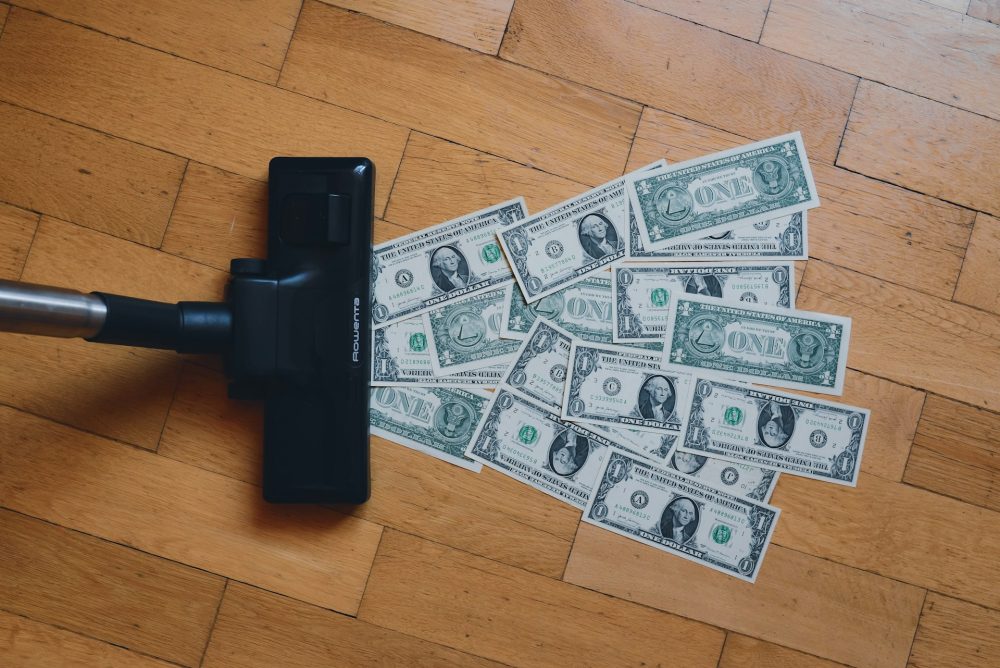
 Cannabis2 days ago
Cannabis2 days agoBrewDog Sale Leaves Thousands of Crowdfunding Investors Empty-Handed
-

 Markets1 week ago
Markets1 week agoRice Market Slips as Global Price Pressure and Production Concerns Grow
-

 Biotech6 days ago
Biotech6 days agoInterministerial Commission on Drug Prices Approves New Drugs and Expanded Treatment Funding


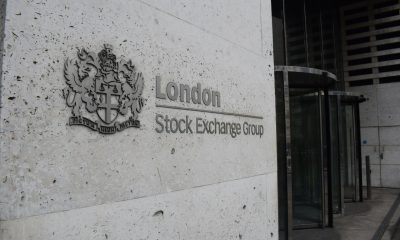



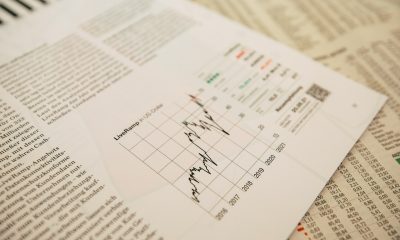

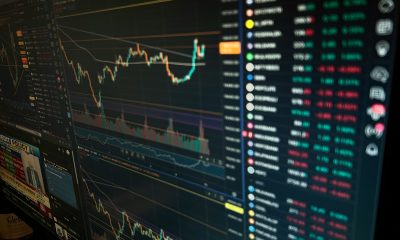

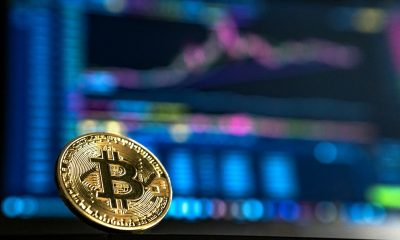















You must be logged in to post a comment Login